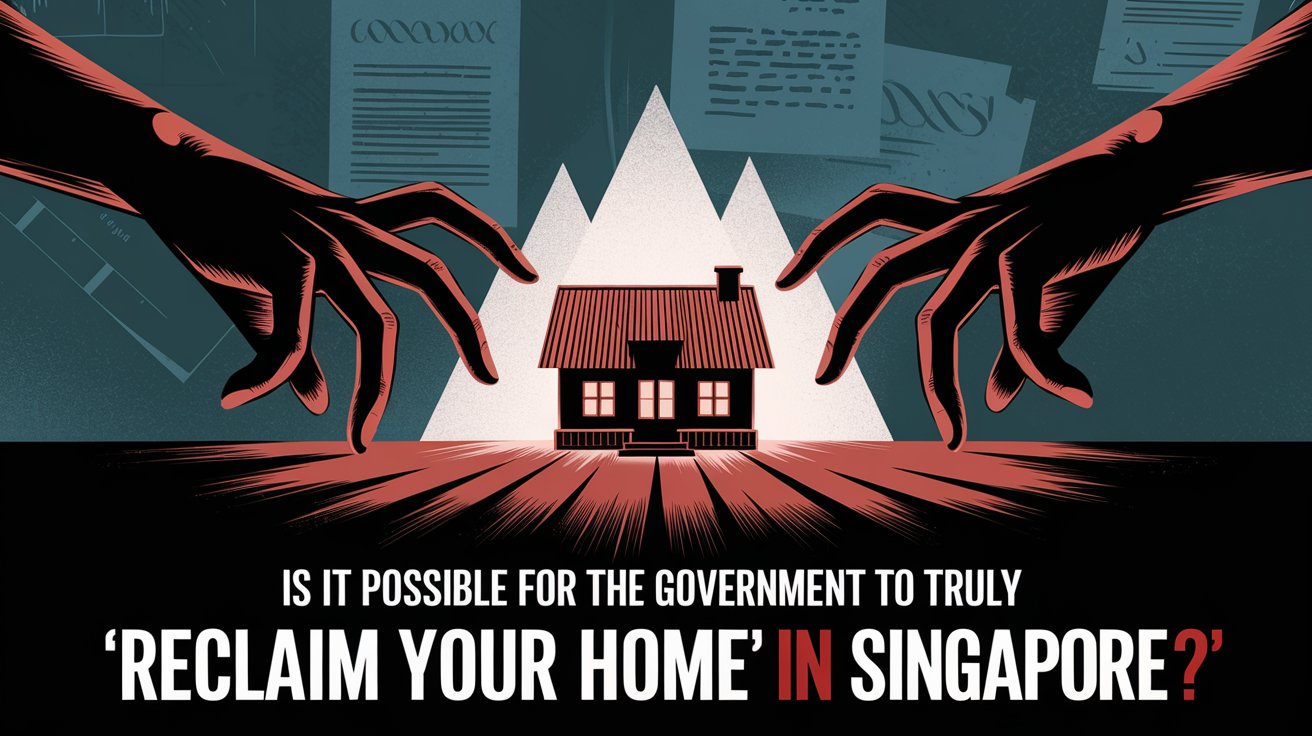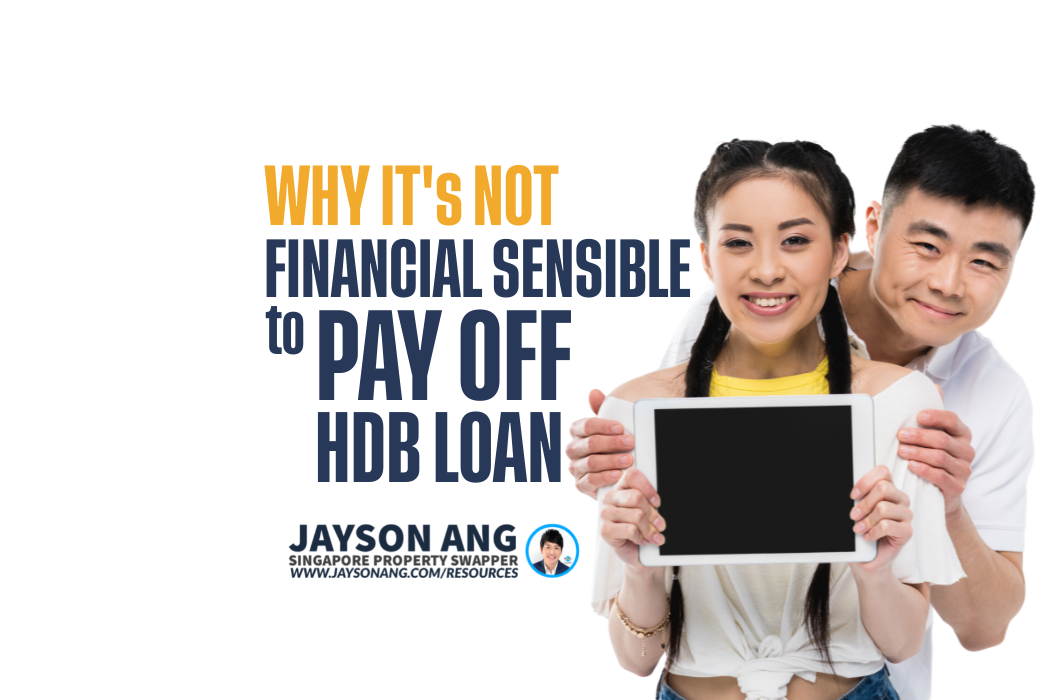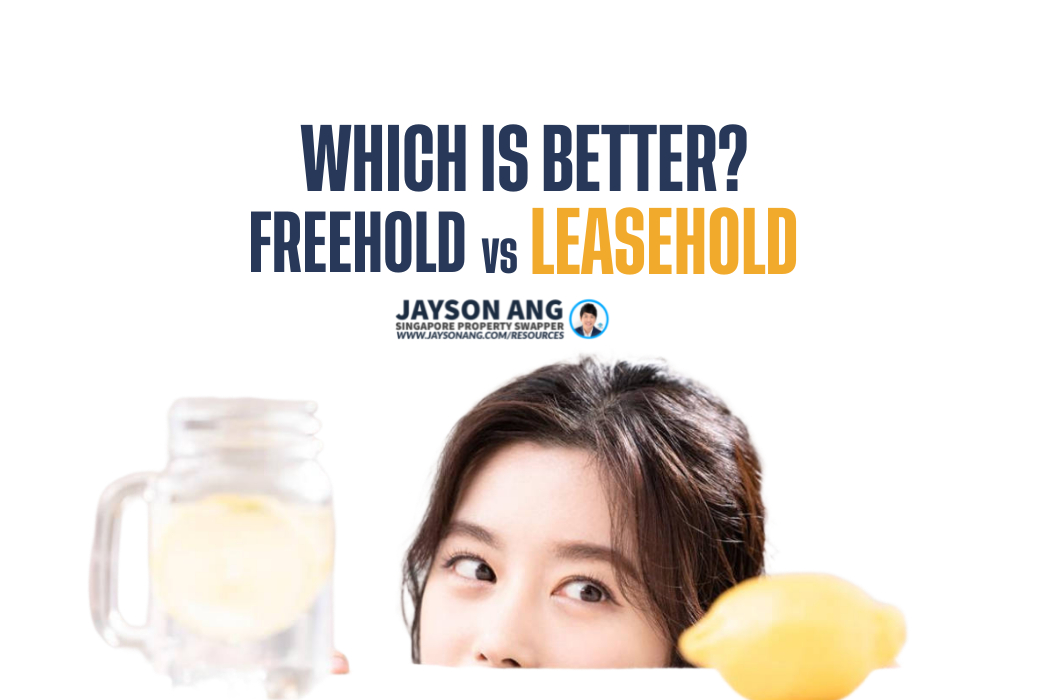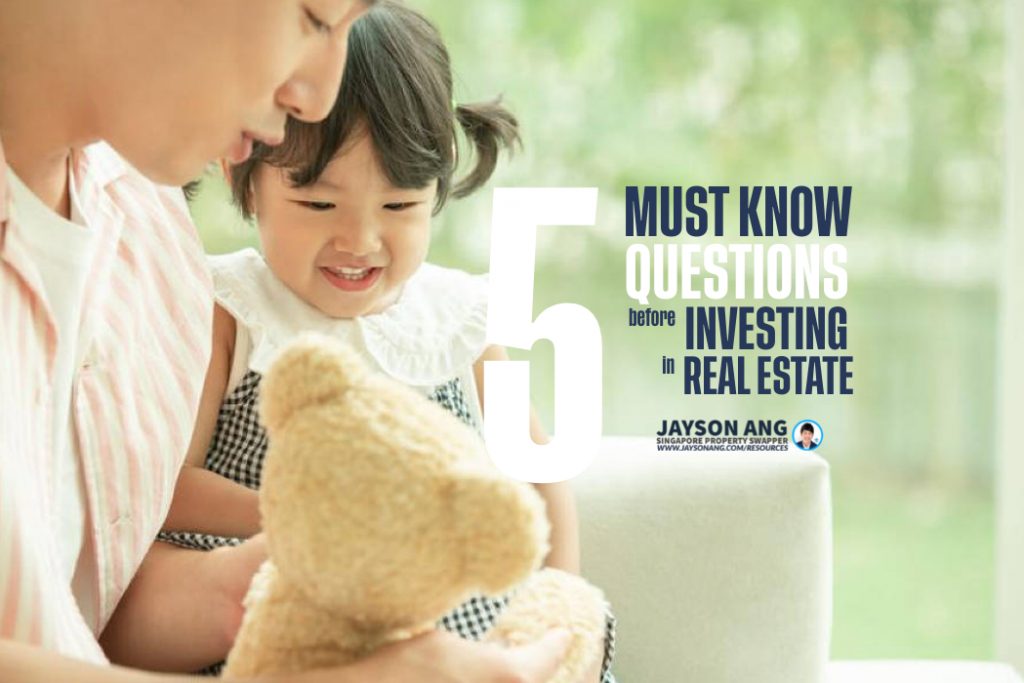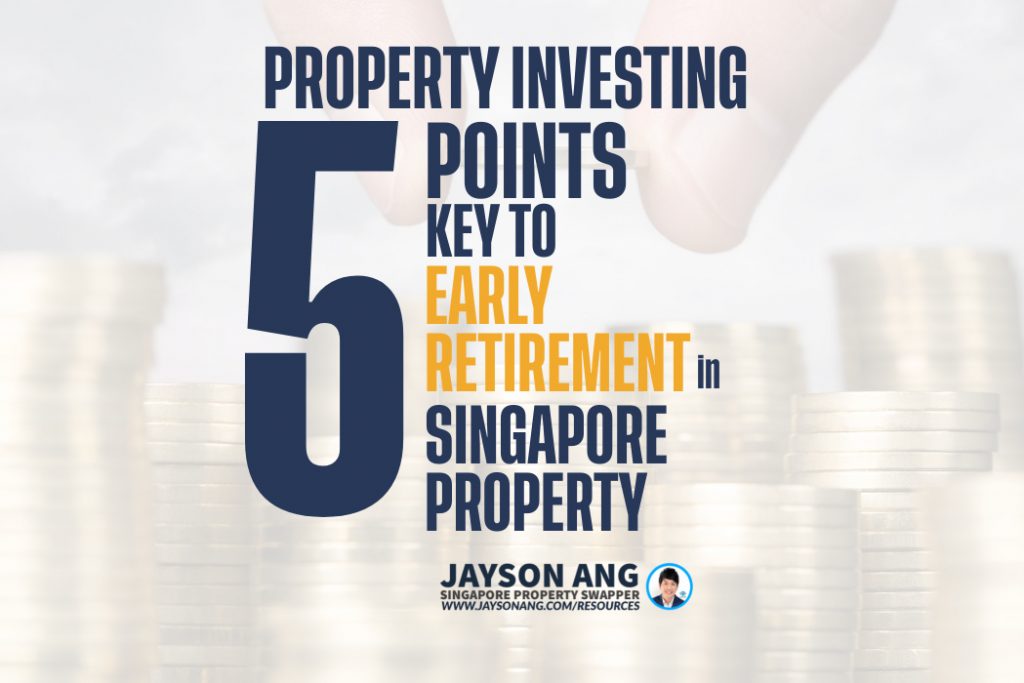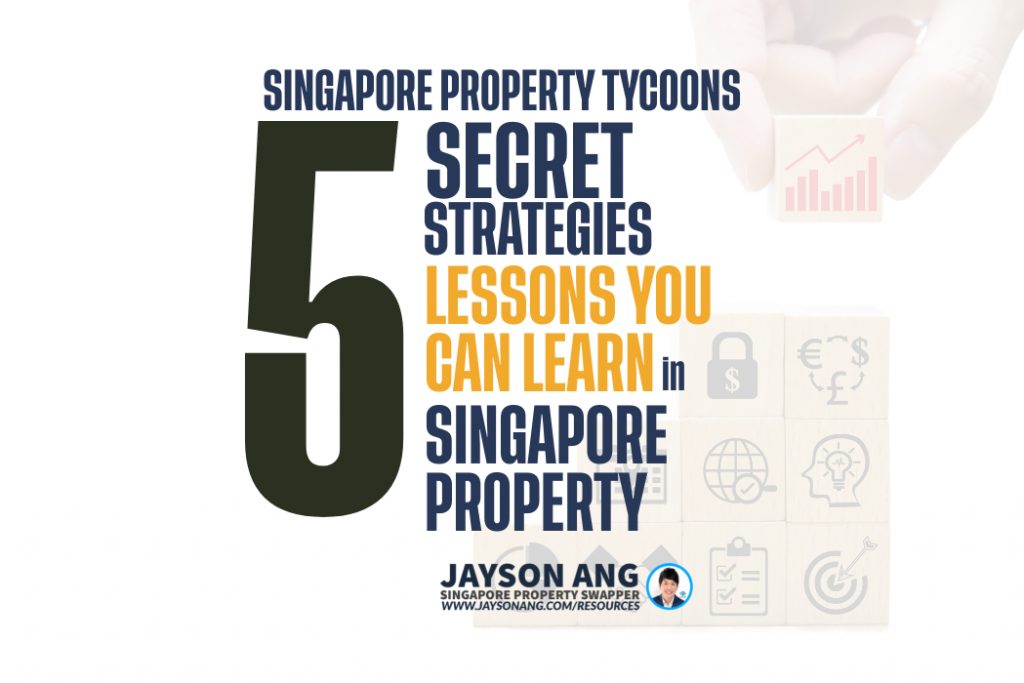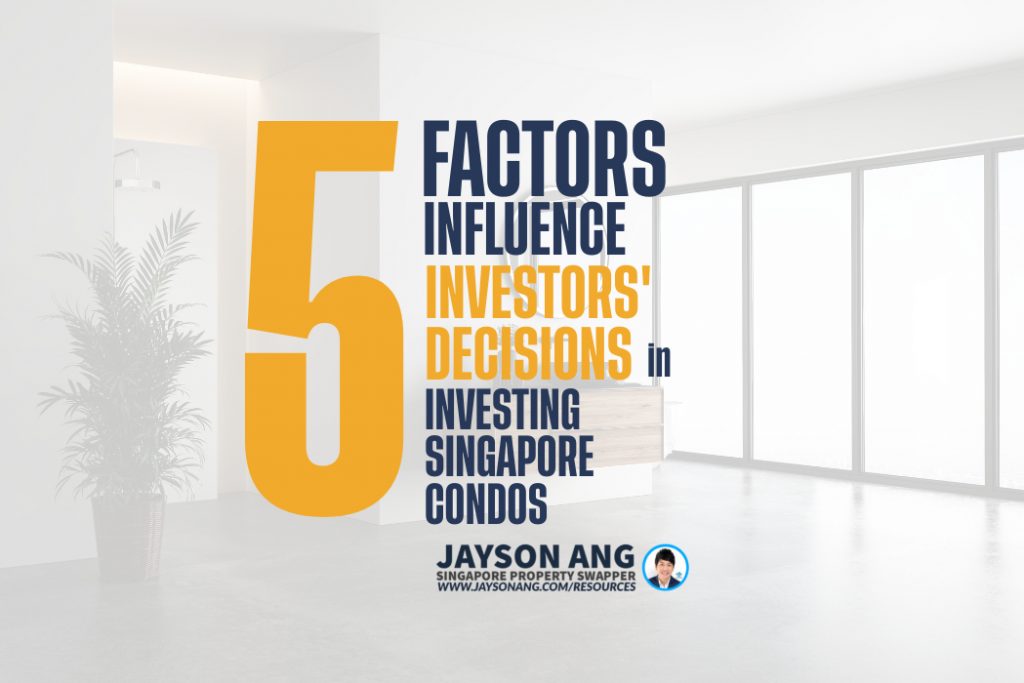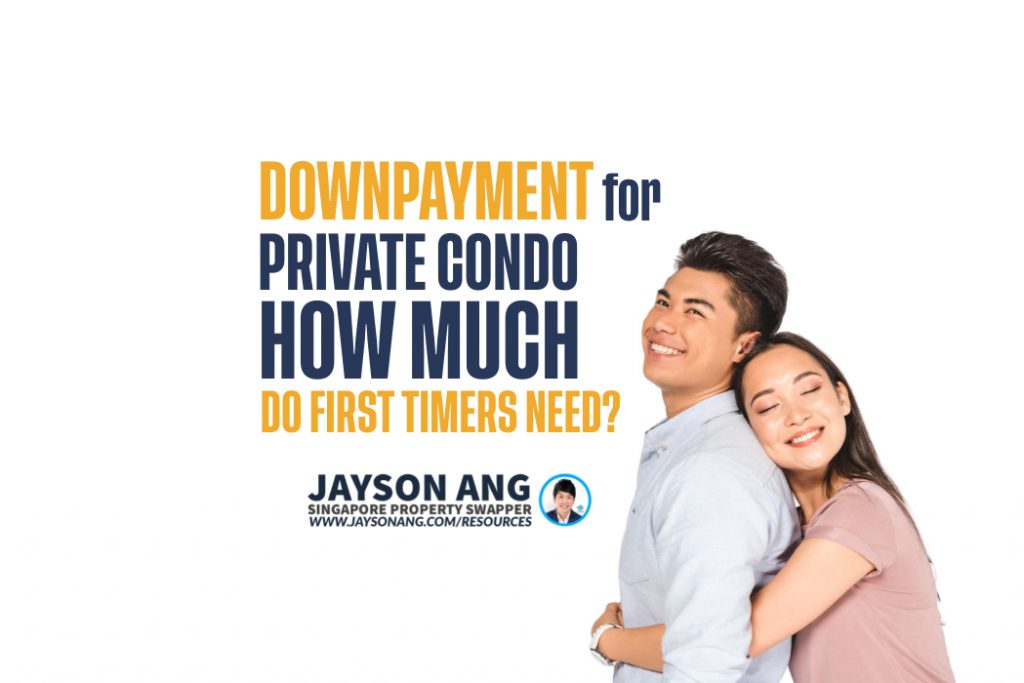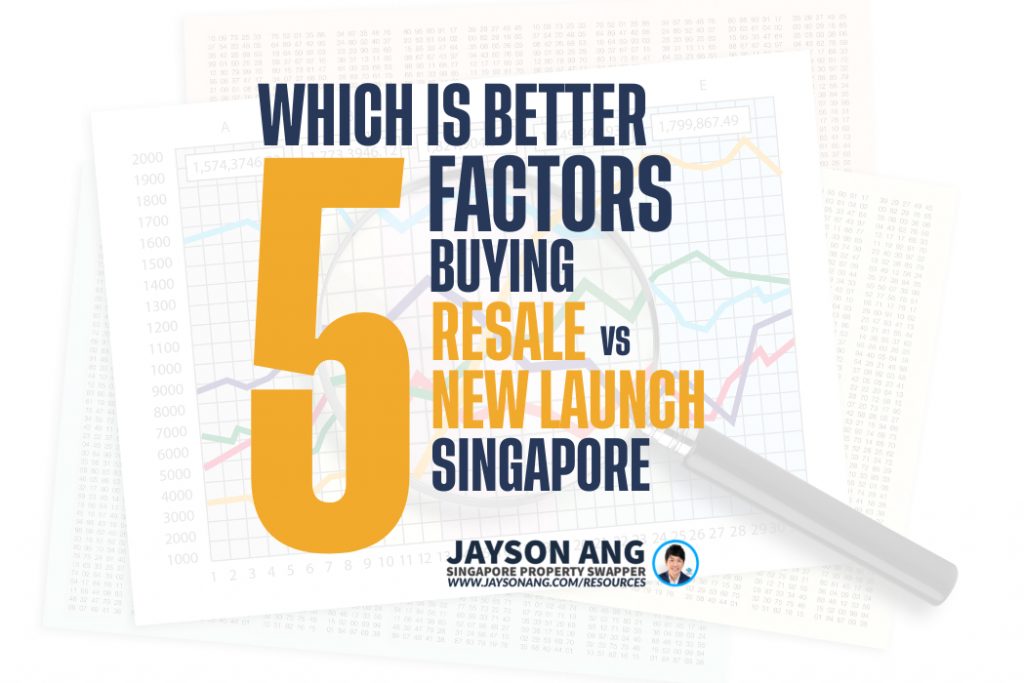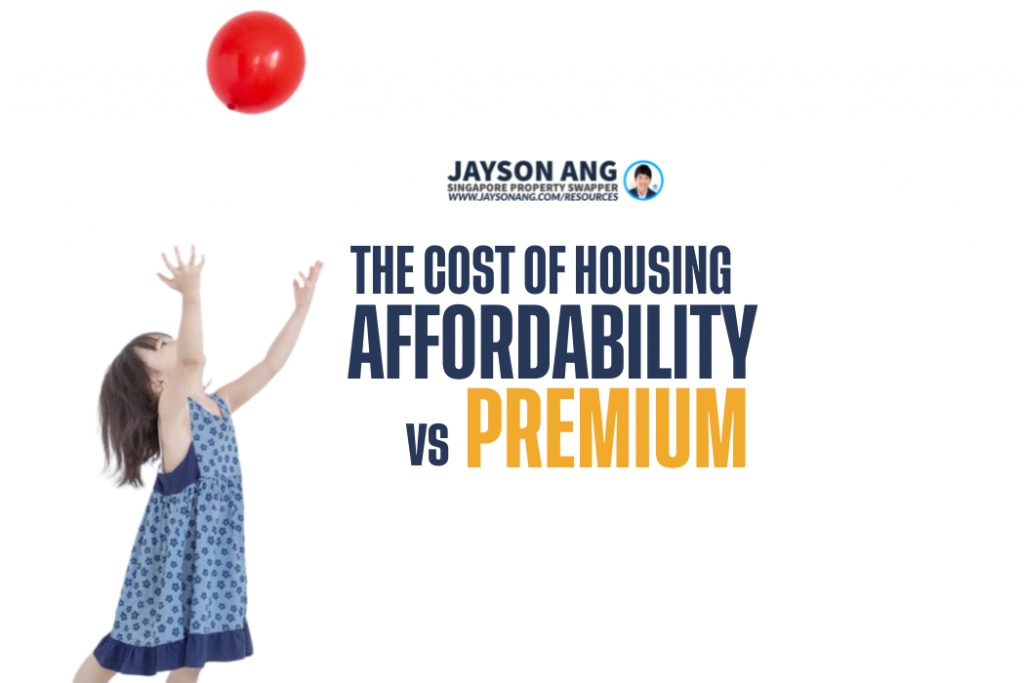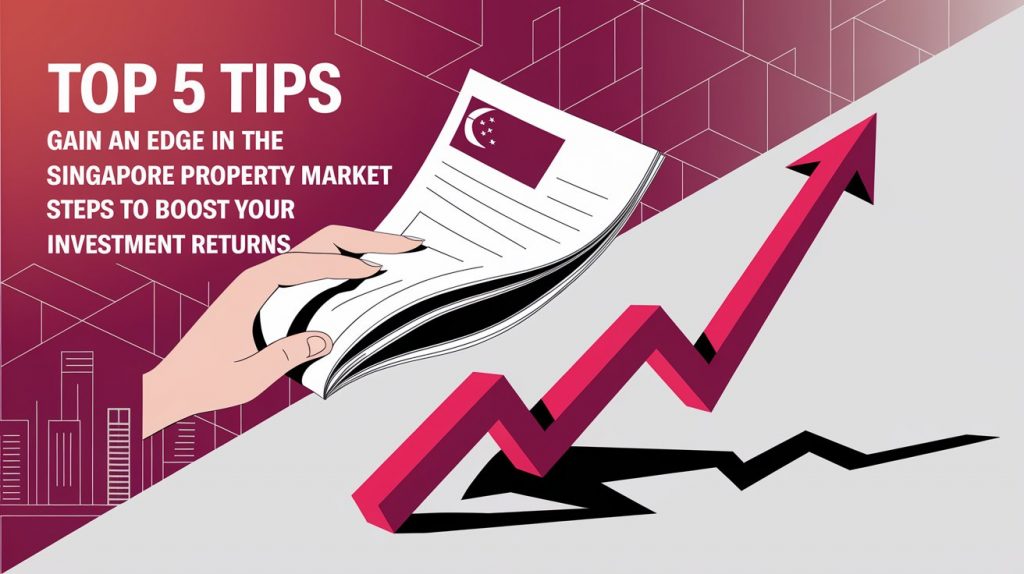TLDR
Owning an HDB home in Singapore depends largely on income ceilings. The HDB income ceiling limits monthly household earnings to ensure public housing remains accessible. For families, the ceiling ranges from $12,000 to $16,000, depending on the flat type. Singles have a ceiling of $7,000 for most 2-room flats, but higher incomes can opt for resale flats or executive condominiums (ECs). The income is calculated over 12 months, excluding bonuses but including allowances. Exceeding the ceiling disqualifies you from BTO flats but allows resale flat purchases without income restrictions. Extended families can combine incomes under a higher ceiling of $21,000.
Purchasing a humble HDB home may be the one scenario where you’d find yourself yearning for a smaller paycheck.
Undeniably, our income plays a significant role in determining our housing options. A higher salary equates to greater financial flexibility and the possibility of owning a larger and more luxurious home.
Yet, the exception to this rule lies in the realm of HDB flats. These quintessential public housing units, home to the majority of Singaporeans, adhere to stringent eligibility requirements.
To join the ranks of HDB homeowners, one must not only belong to a typical family unit but also not surpass the income ceiling, which varies depending on the type of HDB and purchasing scheme.
What Is HDB Income Ceiling?
The HDB income ceiling is the ultimate gauge of monthly household earnings for all individuals (be it owners or occupants) mentioned in the HDB Flat Eligibility (HFE) document, determining their eligibility for owning a public housing flat. This figure stands apart from the household income used to assess credit for HDB housing loans, as it does not take into account the occupier’s income.
Recently in 2019, the HDB income ceiling underwent a thorough examination and emerged with upgraded limits – $12,000 to $14,000 for families eyeing BTO flats and $14,000 to $16,000 for those aiming for executive condominiums (ECs). This widened the scope of eligible applicants, with 8 out of 10 Singaporeans now capable of vying for a BTO flat, and approximately 9 out of 10 Singaporeans able to apply for an EC unit.
By imposing the income ceiling, HDB strives to ensure that public housing remains attainable for the majority of the populace. Moreover, housing subsidies are generously bestowed upon those in dire need of them, making dreams of owning a home a reality for all.
How Is The HDB Monthly Household Income Calculated?
The HDB calculates your monthly household income (regardless of fixed or variable pay) over a span of 12 months, with the assessment period ending two months before your HFE letter application. So, if you apply for the letter in May 2024, the assessment period will be from April 2023 to March 2024.
During this period, any months of no-pay leave will be taken into account and considered as a form of unemployment. In such cases, your monthly income will be based on the average income earned during the months when you were employed.
For instance, let’s say you earned a gross monthly income of $4,000 for the first 6 months and took a three-month break without pay before resuming work at the same rate. In this scenario, your assessed gross monthly income would be calculated as follows: $4,000 (monthly income) x 9 (months worked), averaged over 12 months = $3,000.
To determine your monthly income, HDB takes into consideration all components of your employment or trade, including overtime pay, allowances for transportation or mobile phone expenses, and employee benefits like birthday bonuses and marriage tokens. However, please note that bonuses, such as the annual wage supplement (AWS) and national service allowances, are not included in the assessment.
Income Ceiling For Single Citizens
| 2-room Flexi Flat on Short Lease | 2-room Flexi Flat on 99-Year Lease and with HDB Housing Loan | Resale Flat with CPF Housing Grant for Singles and HDB Housing Loan | Executive Condominium from Property Developer | ||
| SSC or JS Scheme | SSC or JS Scheme | SSC Scheme* | JS Scheme | Single with Parents | JS Scheme |
| $14,000 | $7,000 | $7,000 | $14,000 | $14,000 | $16,000 |
*For the purchase of up to 5-room resale flat on the open market.
Singles above the age of 35 have the option to acquire up to 5-room resale flats in the open market or 2-room BTO flexi flats with a 99-year lease in non-mature areas (which will be categorized as Standard, Plus, and Prime depending on their location attributes starting from the October 2024 sales launch). These sought-after properties come with an income ceiling of $7,000.
Meanwhile, seniors aged 55 and above can revel in the unique concept of 2-room flexi flats with short leases, spanning from 15 to 45 years. These specialized homes are available under the SSC or JS Scheme, with a maximum income ceiling of $14,000.
For those with a higher income of over $7,000, the choices broaden to include resale flats or executive condominiums (ECs) from developers under the JS Scheme, with income ceilings of $14,000 and $16,000 respectively.
Unlike HDB flats, ECs cannot be purchased individually under the SSC Scheme. However, singles above the age of 35 have the opportunity to join forces with up to 3 other individuals under the JS Scheme, as long as the combined income does not exceed the $16,000 ceiling.
Income Ceiling For Citizen Families
| Flat from HDB / Resale PLH Flats | Resale Flat with Housing Grant | HDB Housing Loan | EC Unit from Property Developer | |||
| 2-room Flexi | 3-room | 4-room or Bigger | ||||
| Short Lease | 99 years | |||||
| $14,000 | $7,000 | $7,000 or $14,000 | $14,000 | $14,000 | $14,000 | $16,000 |
For families and couples looking to purchase a home in the bustling city-state of Singapore, the income ceiling can be a determining factor. At $14,000, this threshold is the standard for most BTO HDB flats, Prime Location Public Housing (PLH) flats, and resale flats bought with housing grants or HDB loans.
However, for the coveted 2-room BTO flexi flats with 99-year leases and 3-room BTO flats, the income ceiling may be lowered to $7,000, depending on the project. To stay in the loop, be sure to keep an eye out for updates on the income ceiling during launch.
But fear not, for those who exceed the HDB flat income ceiling, there is still hope. The solution? Executive condominiums with a slightly higher income ceiling of $16,000. However, unlike HDBs, financing for ECs cannot be done through HDB loans and will require private bank loans, similar to those used for private properties. This also means an upfront downpayment of 25% of the purchase price, with a minimum of 5% in cash.
In other words, if you’re dreaming of owning an EC straight from the developer, make sure your savings are in tip-top shape to cover any financing gaps based on your household income and to meet the cash component of the downpayment requirements.
Income Ceiling For Extended Families
If an Executive Condominium is too far-reaching for your budget, you may want to contemplate the option of purchasing a spacious 4 or 5-room HDB flat alongside your children, who should also have a stable income, as co-applicants or occupiers. This can be made possible through the extended or multi-generation family scheme, which allows for a higher household income ceiling of 1.5 times the standard limit or a generous $21,000. To determine the average gross monthly household income for extended families, the following calculation is used:
| Family Profile | Income of Group A (cannot exceed $14,000 per month) | Income of Group B (cannot exceed $14,000 per month) | Income Ceiling of Extended Family |
| Parents with single working children | Parents with one single working child | Other single children | Total incomes of Groups A & B must not exceed $21,000 |
| Parents with married child* | Parents with single working children (if any) | Married child’s family* |
*Includes applicants buying a flat with their fiancé/fiancée.
The family profile is divided into two distinct categories, where the financial limit for each group is set at $14,000, and the total income for both groups must not exceed $21,000. To illustrate, let’s consider a fictional family consisting of a married couple and their three independent working children, who aspire to upgrade to a 5-room flat with the help of an HDB housing loan. Their individual monthly incomes are as follows:
Husband: $6,000
Wife: $5,000
Child 1: $5,000
Child 2: $3,000
Child 3: $2,000
Their monthly household as an extended family would amount to:
| Group A | Group B | Total Income |
| Parents and one child: Husband ($6,000) + Wife ($5,000) + Child 2 ($3,000) |
Remaining children: Child 1 ($5,000) + Child 3 ($2,000) |
$21,000 |
| $14,000 | $7,000 |
By exceeding the standard income ceiling of $14,000, the family paves the way for a larger HDB housing loan, opening doors to a more spacious and luxurious home.
What If Your Income Exceeds The HDB Income Ceiling
Although having a salary above the average population may seem like a fortunate position, it unfortunately disqualifies you from directly purchasing a flat from HDB or receiving any housing grants. But don’t fret, this doesn’t mean you can’t own a HDB flat at all. You still have the option of buying a resale flat in any desired location.
The beauty of resale HDB flats lies in their lack of income ceiling requirement, allowing buyers and sellers to come to a mutual agreement. However, be prepared to pay a higher price for your resale flat compared to the discounted prices of BTOs, as they are sold at a premium in the market.
For those seeking even more freedom in their home purchase, private property, including resale ECs, is a viable option. Unlike HDB flats, there are no restrictions on income ceilings and even singles as young as 21 can make the big purchase. Just be cautious of the higher price tag and do your due diligence before diving in.
Should You Buy, Sell or Wait?
If you’re reading this, you must be trying to figure out the best course of action right now: is it the right time to buy or sell?
It’s difficult to give an exact answer since everyone’s situation is unique and what works for one person may not necessarily work for you.
I can bring you a wealth of on-the-ground experience and a data-driven approach to provide clarity and direction. From beginners to experienced investors, our top-down, objective approach will help you on your real estate journey.
I can help you by:
- Offering Strategic Real Estate Advice – I can help create a comprehensive plan to guide you through your property journey.
- Connecting Your Home with the Perfect Buyers – Through stunning visuals, an effective communication strategy, and an in-depth knowledge of the market, we’ll ensure your home is presented in the best possible way to fulfill your goals.
You May Also Like …


